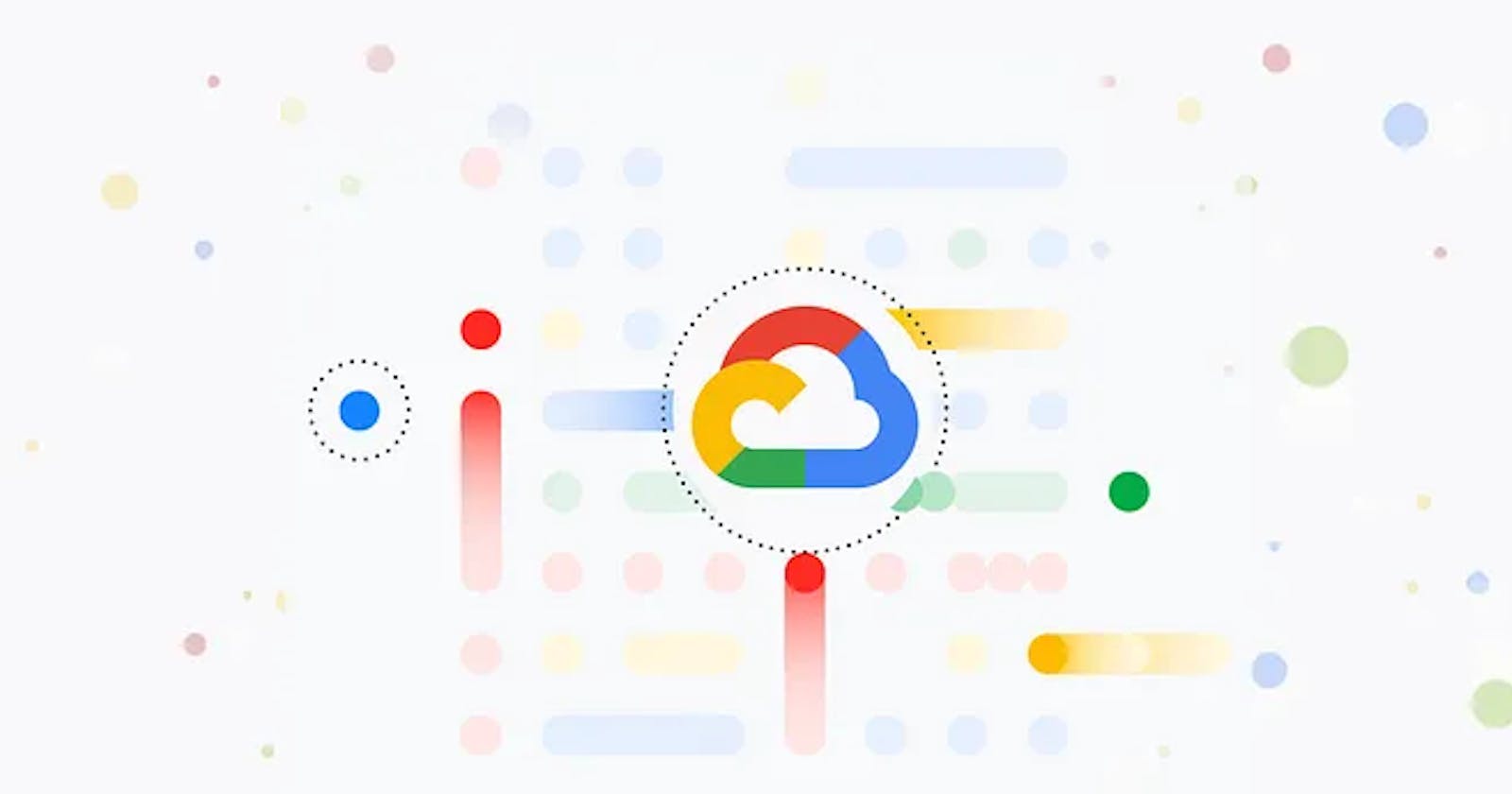Cloud computing has revolutionized the way businesses operate by providing them with flexible and scalable computing resources that can be accessed from anywhere in the world. Platform as a Service (PaaS) is a cloud computing model that provides businesses with a complete platform for developing, running, and managing applications without the need to invest in physical infrastructure. In this article, we’ll explore the different aspects of PaaS and the benefits it offers in cloud computing.
What is Platform as a Service (PaaS)?
PaaS is a cloud computing model that provides businesses with a complete platform for developing, running, and managing applications. PaaS providers offer a range of services, including application development frameworks, databases, middleware, operating systems, and other tools. These tools enable businesses to develop, deploy, and manage their applications quickly and easily, without having to invest in physical infrastructure or manage complex IT systems.
PaaS providers typically offer a range of service level agreements (SLAs) that guarantee uptime, availability, and performance. This makes PaaS an ideal solution for businesses that need to focus on developing applications rather than managing infrastructure.
Benefits of Platform as a Service (PaaS)
Rapid application development: PaaS provides businesses with a complete platform for developing, testing, and deploying applications quickly and easily. This enables businesses to respond to changing market conditions and customer needs faster than their competitors.
Cost savings: PaaS eliminates the need for businesses to invest in physical infrastructure or manage complex IT systems. This reduces capital expenditures (CapEx) and operational expenditures (OpEx), enabling businesses to allocate resources to other critical areas of their business.
Increased agility: PaaS enables businesses to rapidly provision and deploy computing resources, reducing time-to-market for new products and services. This makes PaaS an ideal solution for businesses that need to rapidly respond to changing market conditions.
Scalability: PaaS providers offer virtually unlimited scalability, allowing businesses to scale their applications up or down as needed. This enables businesses to meet fluctuating demand without having to invest in expensive hardware or maintenance.
Improved security: PaaS providers typically offer robust security features, including firewalls, intrusion detection, and data encryption. This helps businesses protect their data and comply with regulatory requirements.
Challenges of Platform as a Service (PaaS)
Dependency on the provider: PaaS providers are responsible for managing the underlying hardware and software. This means that businesses are dependent on the provider for uptime, availability, and performance.
Limited control: PaaS providers offer a pre-defined set of tools and resources, limiting businesses’ control over their IT systems. This may be a concern for businesses that require complete control over their IT infrastructure.
Integration with existing infrastructure: Businesses may face challenges when integrating PaaS with their existing infrastructure. This requires careful planning and coordination to ensure a smooth transition.
Potential for vendor lock-in: Businesses that use PaaS may become dependent on a specific provider, creating the potential for vendor lock-in. This can make it difficult to switch providers or migrate to an on-premises solution in the future.
By providing a complete platform for developing, running, and managing applications, PaaS enables businesses to reduce costs, increase agility, improve security, and accelerate time-to-market.
However, businesses must be aware of the challenges of PaaS, including dependency on the provider, limited control, integration with existing infrastructure, and the potential for vendor lock-in.
If you found this blog post helpful, a clap would be really applicable and follow for more technical content on Cloud Computing. 🥑
